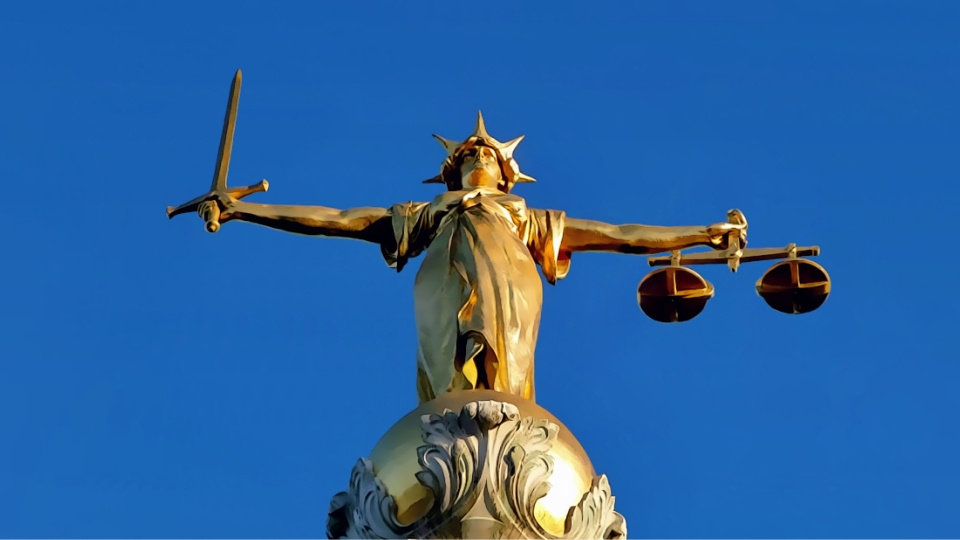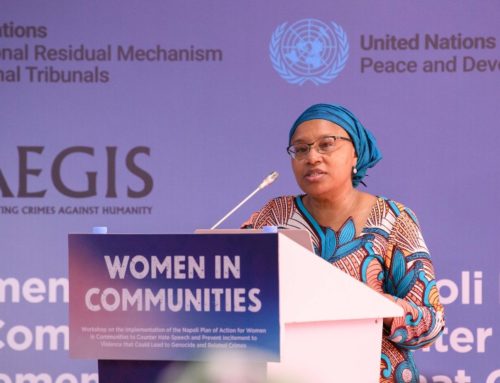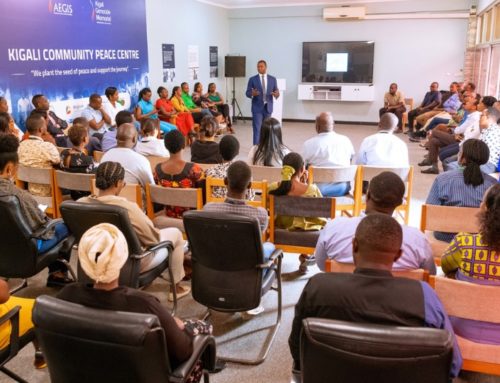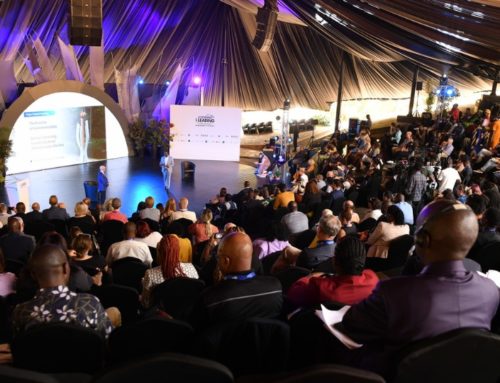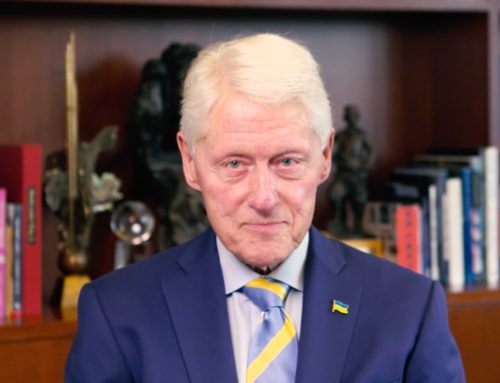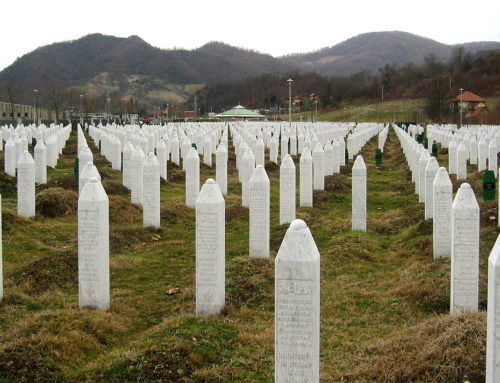The Convention on the Prevention and Punishment of the Crime of Genocide was adopted by the UN General Assembly on this day seventy years ago.
However, despite the success of a campaign led by the Aegis Trust nine years ago to close legal loopholes on genocide suspects living in the UK, there has yet to be a single prosecution in the UK for genocide.
Urumuri, the UK-based association of survivors of Rwanda’s 1994 Genocide against the Tutsi, has today written to UK Home Secretary Sajid Javid protesting this continued impunity gap.
“There have been calls for more than a decade for the UK government to create a stand-alone war crimes and genocide investigation unit,” the letter states. “Each time this has been mooted the government has blocked its implementation. Where such a unit does exist – for example in Scandanavian countries and France, Rwandans accused of participation in the genocide have stood trial where extradition has not been possible.”
Since a ruling in 2017 against their extradition to Rwanda, five genocide suspects have been living freely in the UK despite recognition of a prima facie case against them. Urumuri suggests that there are “at least two dozen other Rwandan suspects living in the UK.”
Responsibility for investigating genocide suspects in the UK currently rests with SO15, the Counter Terrorism Command within London’s Metropolitan Police. Lack of capacity at SO15 “cannot be an excuse if it means those responsible for genocide and war crimes are granted impunity as a result,” Urumuri protests.
The Aegis Trust shares Urumuri’s concern and is calling upon the British Government to live up to its responsibility to prosecute suspects of serious international crimes, saying that when extradition is not possible suspects should face justice in the UK.
“There’s a cost and it is difficult to investigate crimes which took place in another country a long time ago,” says Aegis Chief Executive Dr James Smith. “But if we don’t pursue those prosecutions, the UK could become known as a retirement home for war criminals.”
IMAGE, TOP: Lady of Justice, Old Bailey, London. Credit: Wikimedia user Lonpicman, License: CC BY-SA 3.0
FULL TEXT OF URUMURI ASSOCIATION LETTER FOLLOWS
9 December 2018
From: URUMURI, Rwandan survivors of genocide.
Dear Mr. Javid
We write to you as survivors of one of the most heinous crimes ever committed, asking for your support in a matter of grave concern to us and to the whole country.
Today, 9 December, 70 years ago, the Genocide Convention came into being in Paris. In January 1970 the UK acceded to this treaty. It was a landmark occasion as Her Majesty’s government agreed, on behalf of its people, actively to take steps where possible to ‘prevent and punish’ this most horrific of crimes known to humankind. With more than 140 other countries, the UK committed itself to take seriously the mantra ‘never again.’
However, we write to you today on behalf of the genocide survivors group Urumuri to express our dismay that the UK government has, and continues to, ignore its obligations under the Convention and in so doing diminishes both the crime and the consequent suffering of thousands of survivors of genocide and war crimes.
In April 1994 the UK government led the way in diplomatic efforts to cut the UN peacekeeping force in Rwanda as the genocide against the Tutsi got underway. Instead of ‘preventing’ genocide, the UK government used all its energy to downsize the UNAMIR force in the country from 2500 to 250. The genocidal leaders were given free rein in their planned effort to wipe out the Tutsi minority as a result. That summer more than one million innocent people were slaughtered as the world looked on.
After the genocide, many prominent genocidaire fled to the west to start new lives, often under false names. These are individuals who organised and/or took part in the butchering of hundreds and thousands of men, women and children.
Successive UK governments have, since 1994, turned a blind eye these killers living here. Only one individual, Major Tharcisse Mavunyi, has faced justice. But even he was uncovered not by immigration officials or the police but by the media; and UK authorities sent him to the UN International Tribunal in Arusha for trial, where he was later sentenced for genocide. Five other men*, suspected of organising the mass murder of hundreds of fellow Rwandans, were also uncovered living in the UK – again by the media not the authorities here. Their extradition was blocked on the grounds they would not receive a fair trial in Rwanda – in two cases that took 11 long years and cost millions of pounds. Two weeks after the final UK court ruling in 2017 blocked extradition, Germany extradited a genocide suspect back to Kigali. Several other European countries, as well as the USA, Canada and the UN continue to extradite suspects back deeming the Rwandan judicial system fit for purpose.
Since this block on extradition the five men have continued to live freely, despite the UK judges noting there was prima facie evidence that all had cases to answer for involvement in genocide. There are at least two dozen other Rwandann suspects living in the UK. In 2009 the law was changed to allow such individuals to be tried here for genocide or war crimes. However it has become clear that this change of law, like the Genocide Convention, is regarded as little more than a piece of paper by the UK government. Ten years after it came onto the statute book it has yet to be used on a single occasion.
This is despite evidence from the Home Office that each year around 40 applications for citizenship are turned down due to ‘their alleged involvement in war crimes, crimes against humanity, genocide or torture.’ Between 2010-2016, 817 people were subject to adverse recommendations by immigration due to suspicions they are war criminals or had committed genocide. Less than 20 have been investigated.
Why has the UK government turned a blind eye to genocide?
There have been calls for more than a decade for the UK government to create a stand-alone war crimes and genocide investigation unit. Each time this has been mooted the government has blocked its implimentation. Where such a unit does exist – for example in Scandanavian countries and France, Rwandans accused of participation in the genocide have stood trial where extradition has not been possible.
It is clear UK police
There is a real feeling that the UK government does not prioritise, in any way, its obligations under the Genocide Convention. If UK cizitens are not involved, it chooses to look the other way in order to save police and judicial resources. If this is the case the UK government should have the courage to withdraw itself from the Genocide Convention.
There is a real practical disconnect between the justices in court and the Home Office. If courts refuse to extradite suspects back to the many countries which are in the middle of civil conflcits or suffering the aftermath and where justice systems are deemed ‘unfair’, this should not, as in the current climate, mean suspected killers simply escape justice altogether. Otherwise, as at present, the UK will become seen as a safe haven for genocidaire.
In 70 years the UK has failed to prosecute a single person for the crime of genocide.
Seventy years ago ‘never again’ was a very real hope: that countries signed up to the Genocide Convention would in future seek to ‘prevent and punish’ this most terrible of crimes. Yet in 1994 the world – and the UK – sat by while Rwanda burned and hundreds of thousands of lives were brutally ended, and an estimated 500,000 women were raped. Is it too much to ask that the UK government honours, nearly 25 years after the crime, its obligation to punish those living here who were responsible?
Now must be the time for a step change in political and judicial will. If suspected genocidaire are to be brought to justice the goventment needs to give the necessary resources where needed and prioritse a fight against impunity as has been done in other Western countries. Every human being, regardless of gender, race, ethnicity, age or background, is entitled to justice. When you have lost members of your family, suffered mental, physical or sexual torture and post traumatic anxiety because of genocide, justice becomes like the final raft on which to cling to in a storm.
Impunity gives rise to denial. And denial further robs survivors of life.
For 25 years survivors and those who support them have kept quiet, hoping that the UK would honour its obligations as a nation that respects and upholds human rights and the right to justice for everyone. The time for silence is now over.
We hope you will give your support in Parliament and the Select Committee, in the media and in your constituency to find delayed – but hopefully not denied – justice, and make the Genocide Convention finally a reality for the UK,
thank you,
On behalf of Urumuri and all survivors of genocide and war crimes in the UK.
* The five Rwandans suspected of involvement in the 1994 genocide are:
Vincent Bajinya, alias Brown: Alleged to have been part of the powerful presidential network (‘Akazu‘) and to have assisted organising massacres at roadblocks Kigali, in conjunction with the Interahamwe militia. Lives in Islington.
Celestin Mutabaruka: Pastor of a Pentecostal church. Alleged to have worked with the militia to organise and assist in the slaughter of around 20,000 men, women and children. According to witnesses, some were tortured by having their eyes gouged out before being killed. Lives in Kent.
Charles Munyaneza: Former mayor of Kinyamakara Commune Gikongoro Prefecture. Alleged to have participated in the planning and implementation of massacres in his jurisdiction. He is alleged to have led attacks on Tutsi over Mwogo River in which thousands were slaughtered. Lives in Bedford.
Celestin Ugirashebuja: Former mayor of Kigoma Commune in Gitarama Prefecture. Alleged to have assisted in the planning and implementation of massacres in areas where he had authority. He is said to have ordered militia to kill Tutsi who were brought to his commune office and gave instructions for Tutsi to be tricked to come out of hiding before being slaughtered. Lives in Walton-on-the-Naze, Essex.
Emmanuel Nteziryayo: Former mayor of Mudasomwa Commune in Gikongoro Prefecture. Alleged to have assisted in planning and implementation of massacres in his area of authority. He is said to have personally led a militia group that carried out extensive killings. After arriving in the UK, he lived under a false name (Emmanuel Ndikumana) in Wythenshawe, Manchester, claiming benefits as a Burundian asylum seeker.

